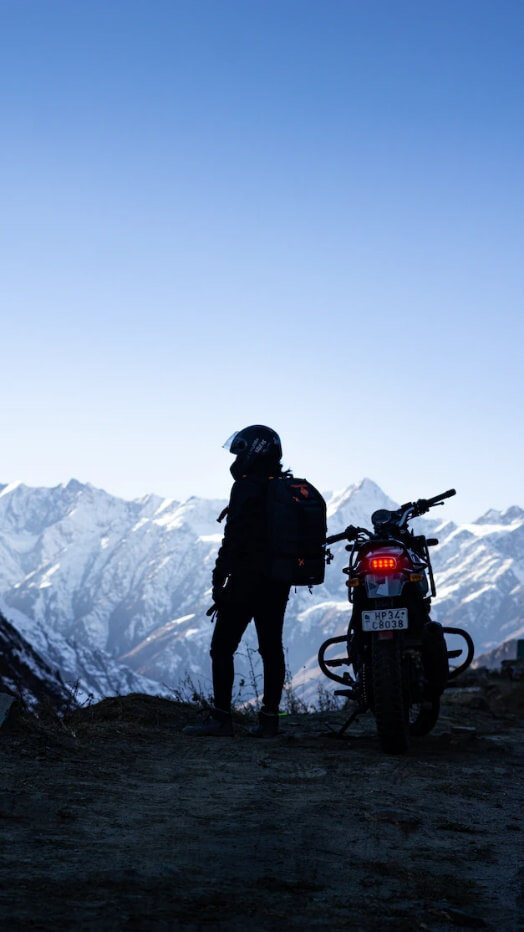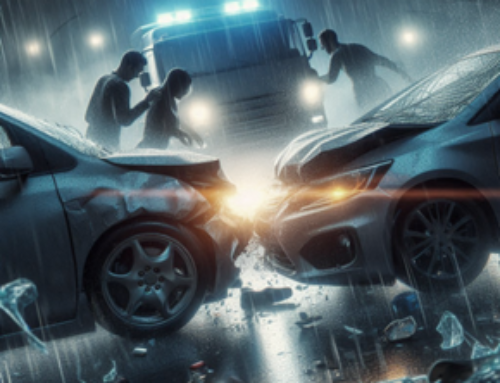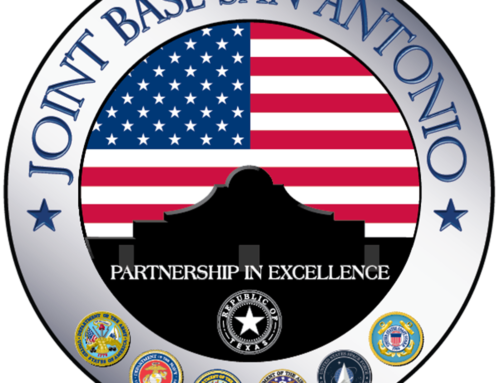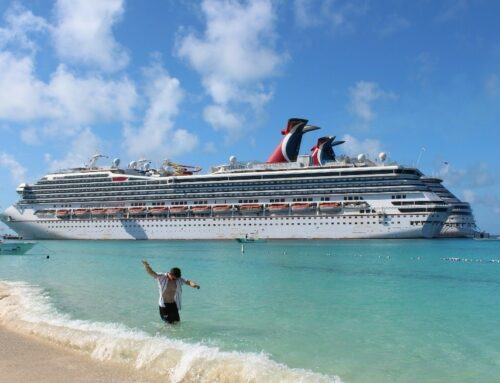10 Motorcycle Safety Tips Every Rider Should Know
May is Motorcycle Safety Month!
Riding a motorcycle can be a lot of fun, but it also requires skill and knowledge to do it safely and enjoyably. Here are a few things you should do when it comes to riding motorcycles:

- Get the right gear. Wearing protective gear can save your life in case of a crash. Helmets are absolutely essential (wearing a helmet reduces the risk of dying in a crash by 37 percent, according to the U.S. National Transportation Safety Board) A half or three-quarter helmet is not good enough. ALWAYS wear a helmet that fits well and meets official safety standards. Wear earplugs to protect your hearing. You also should wear a jacket, gloves, boots, and pants designed for motorcycle-riding, which should offer abrasion resistance and impact protection. Perforated jackets are available to make riding on hot days more comfortable. Don’t skimp on quality or comfort when it comes to your gear! Even Kevlar-reinforced jeans are better than nothing.
- Choose the right bike. Not all motorcycles are suitable for beginners. You should look for a bike that fits your size, skill level, and riding style. A good beginner bike should be light, easy to handle, reliable, and affordable. Make sure to invest in anti-lock brakes (ABS); the additional safety is worth the extra price! Invest in quality tires as well. Consider buying a used bike first, as you may drop it or damage it while learning.
- Check your bike regularly. Before every ride, you should do a quick inspection of your bike and check the tire pressure, mirrors, lights, brakes, chain, oil, and fuel. You also should follow the manufacturer’s recommendations for regular maintenance and service. Carrying a small tool kit with you is recommended. Generally keeping your bike in good condition will prevent mechanical failures and improve your experience.
- Take a motorcycle safety class. Learning from a professional instructor, such as a Class 1 Police motorcyclist, can help you master the basics of riding. This course will help you develop riding skills― how to balance, steer, shift, brake, and turn. A good class also will teach you about the rules of the road, how to avoid common hazards, and how to handle emergencies. Safety classes also may help you get your license and insurance more easily.
- Practice your skills. Riding a motorcycle is not something you can master overnight. You need to practice your skills regularly and in different situations! You should practice how to shift gears smoothly, how to brake effectively, how to turn corners confidently, and how to swerve or stop quickly in an emergency. You should also practice riding in different weather conditions, traffic scenarios, and road surfaces. Even if you plan on never racing or going off-road, trying an off-road course or a track day is a great way to practice.

- Be alert and defensive. Riding a motorcycle exposes you to many more risks than driving a car. You are much less visible, less stable, and more vulnerable than other drivers on the road. You must constantly maintain awareness of your surroundings and anticipate potential hazards. You need to keep a safe distance from other vehicles, use your signals and horn when necessary, and avoid blind spots and any road rage. You also need to adapt your speed and position according to the situation.
 Don’t be afraid to drop your bike! Dropping your bike is inevitable, especially when learning. It doesn’t mean you’re a bad rider or that you should give up; it means you’re pushing your limits and learning from your mistakes. The best thing you can do is to pick up your bike, assess the damage, and keep riding. Maybe also consider investing in some crash bars or frame sliders to protect your bike from major damage.
Don’t be afraid to drop your bike! Dropping your bike is inevitable, especially when learning. It doesn’t mean you’re a bad rider or that you should give up; it means you’re pushing your limits and learning from your mistakes. The best thing you can do is to pick up your bike, assess the damage, and keep riding. Maybe also consider investing in some crash bars or frame sliders to protect your bike from major damage.
- Don’t ride above your skill level. Riding a motorcycle is not a competition or a race. You don’t have to impress anyone or prove anything. You should ride at your own pace and within your comfort zone. Don’t let peer pressure or ego push you to ride faster or harder than you can handle! You also should avoid riding with people who ride recklessly or irresponsibly.
- Don’t neglect the mental aspect of riding. Riding a motorcycle requires not only physical skills, but also mental focus and awareness. You need to be alert, attentive, and calm at all times. Don’t forget to anticipate potential road hazards and plan your actions accordingly! You also need to manage your emotions and avoid distractions. Riding when you are tired, stressed, angry, or intoxicated can dangerously impair your judgment and reaction time.
- Have fun! Riding a motorcycle can be an exhilarating and rewarding experience. It can give you a sense of freedom, adventure, and joy. It can help you meet new people who share your passion. Don’t forget to enjoy the ride and have fun while being safe and responsible!
Most of all, when it comes to riding motorcycles, remember that learning never stops!
We at the Herd Law Firm, PLLC, are motorcycle riders, too! We support bikers and motorcyclists injured on the road, and have successfully represented such victims seeking the assistance and compensation they so need and deserve.
Sources:
https://explore.rumbleon.com/posts/learn-to-ride-a-motorcycle
22 Motorcycle Riding Tips & Tricks (That Nobody Tells You) (motorcycletourer.com)
10 Motorcycle Safety Tips Every Rider Should Know | SafeWise
How to Ride a Motorcycle (Beginners): 13 Steps (with Pictures) (wikihow.com)
https://gorollick.com/articles/motorcycle/how-to-ride-a-motorcycle-what-you-need-to-know/
Seven things I wish someone had told me when I started riding – RevZilla
(Image source: Unsplash.com)







